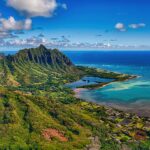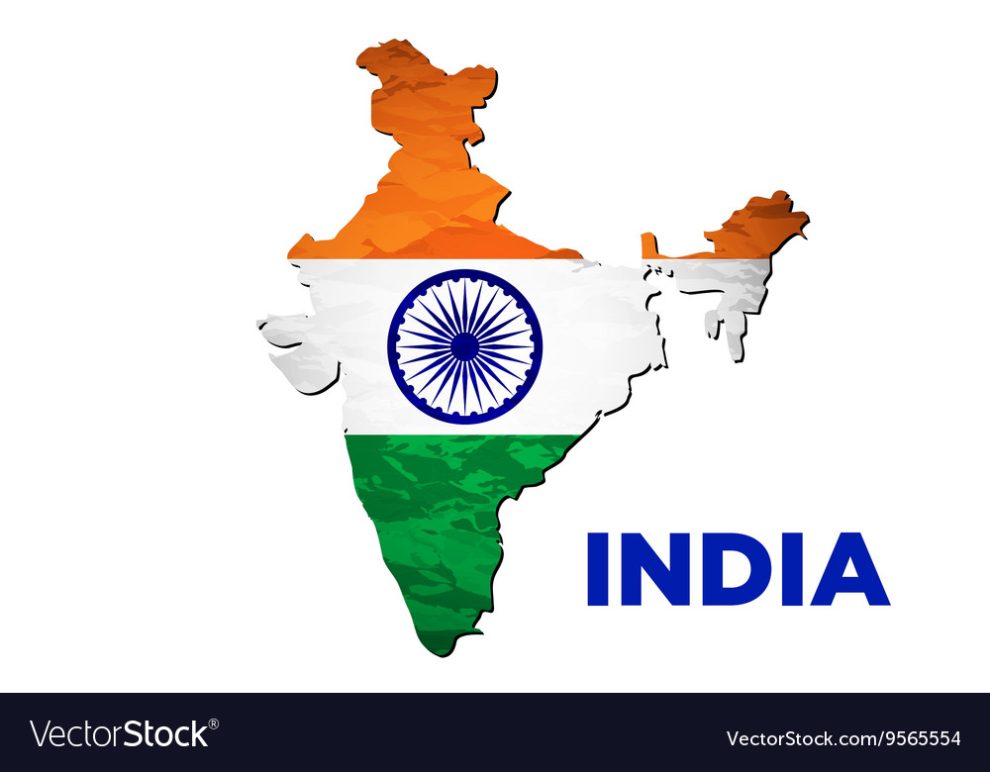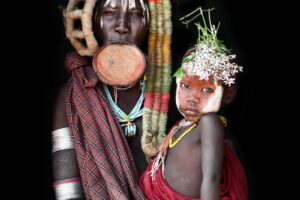India, officially known as the Republic of India, is a diverse and culturally rich country located in South Asia. It is the seventh-largest country in the world by land area and the second-most populous, with over 1.3 billion people.
India’s history dates back thousands of years, witnessing the rise and fall of various empires and dynasties. It gained independence from British rule in 1947, becoming a sovereign nation.
The country’s political system is a federal parliamentary democratic republic. Its capital is New Delhi, while major cities include Mumbai, Kolkata, Chennai, and Bangalore.
India is known for its vibrant culture, featuring a wide array of languages, religions, traditions, and festivals. Hinduism is the dominant religion, but there is significant diversity with Islam, Christianity, Sikhism, Buddhism, and other faiths being practiced by various communities.
The Indian economy is one of the fastest-growing in the world, with a mix of agriculture, manufacturing, and services sectors contributing to its growth. It is also a hub for information technology and outsourcing services, earning it the nickname “the Silicon Valley of the East.”
Tourism plays a significant role in India’s economy, attracting visitors with its historical monuments (like the Taj Mahal), scenic landscapes (such as the Himalayas and Goa’s beaches), and cultural experiences.
India’s cuisine is diverse and flavorful, known for its use of spices and regional specialties. Popular dishes include curry, biryani, dosa, and various sweets like gulab jamun and jalebi.
Challenges facing India include poverty, healthcare accessibility, environmental issues, and maintaining social harmony amidst its diverse population.
Overall, India’s rich history, cultural heritage, economic potential, and diversity make it a fascinating and influential country on the global stage.



















Add Comment